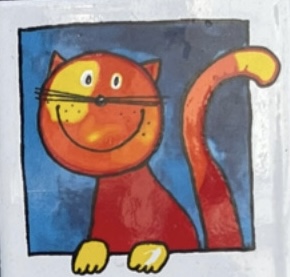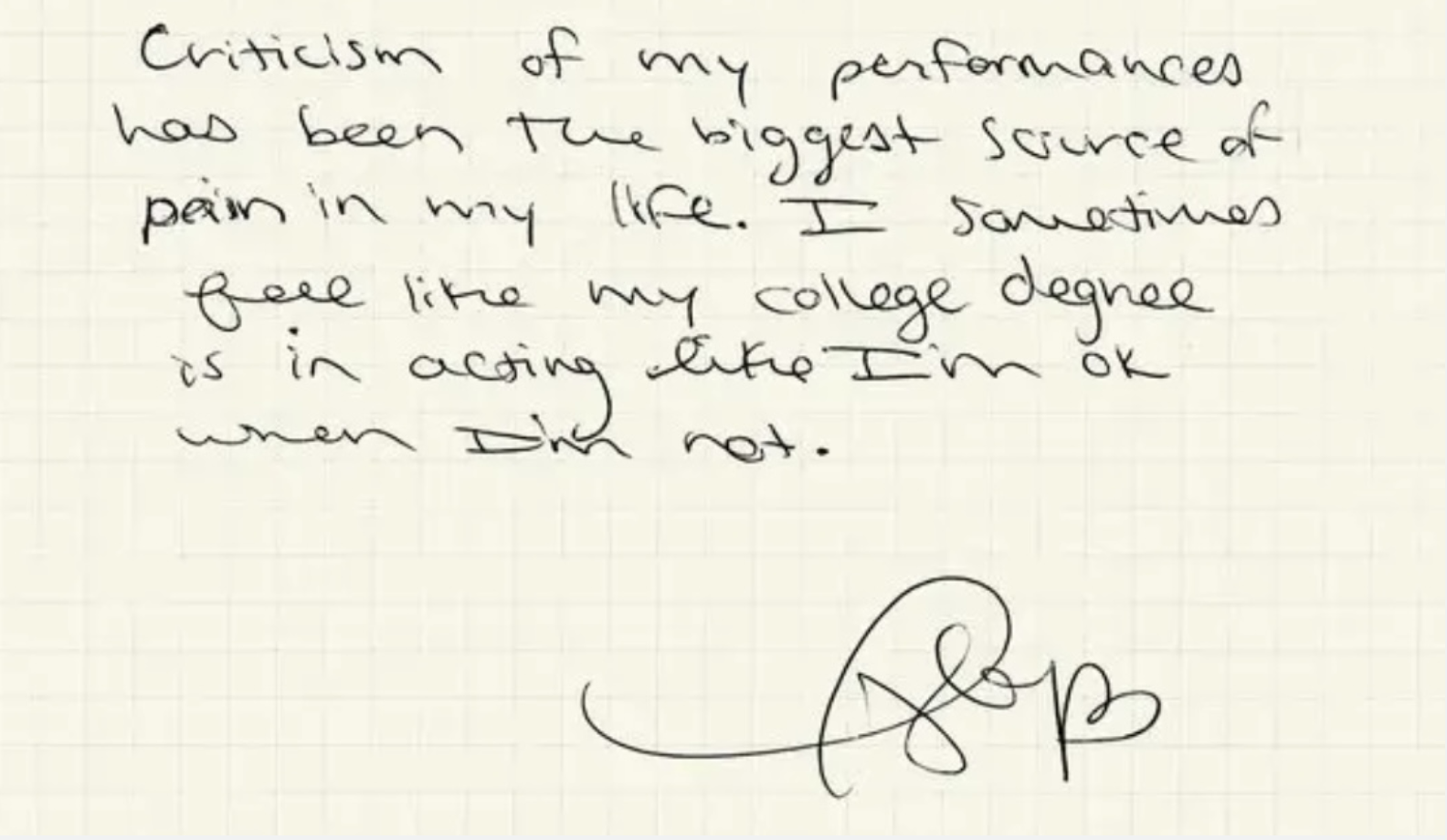In the age of Taylor Swift and Olivia Rodrigo, it’s easy to think that being a songwriter and being a popstar are synonymous–so much so, that we expect popular musicians to contribute heavily to the songwriting process, when for decades, that has seldom been true. At least in the sphere of big pop hits, songwriting credits belong to at least three people, and often that list of people may not even include the artist.
Ariana Grande’s “Dangerous Woman” was written by Ross Golan, Johan Carlson, and Max Martin and was pitched to Carrie Underwood, Rihanna, and Alicia Keys, before landing with Grande. Rihanna’s “Umbrella” was written by Kuk Harrell, Tricky Stewart, and Jay-Z. Famously, Whitney Houston’s “I Will Always Love You,” was written by Dolly Parton.
Before today’s demand for multi-hyphenated people and artists, the job of a popstar was different from that of a songwriter. Stars like Ariana, Rihanna, and Whitney are highly revered as distinct and versatile vocalists and as hitmakers. They provide us with drama, fun, and soul through their delivery and performance. Before Grande opened up to us on thank u, next, she was on a stationary bike at the VMA’s singing about how she’s getting fucked so good she’s walking “Side to Side.”
Meanwhile, Rodrigo’s breakout hit “driver’s license,” could have been a pop ballad like any other, but what made it resonate with listeners and turn her into a global sensation wasn’t her vocal chops or whether or not the song was catchy. It was how you could feel the honesty and vulnerability in her words and vocals–and because it was selfish.
In her follow up single “deja vu,” Rodrigo sings about how what her ex-lover is doing with his new lover is unoriginal in comparison to when he did all the same things with her. In “good 4 u,” she is enraged that her ex could be doing so well after their breakup when she is so obviously not. The songs aren’t just about her life, they’re about her ego. They address how she feels about herself, how she wishes other people saw her, and puts her emotions at the center of the conversation.
When you are in these songs, they are your entire world. When Taylor Swift sings as though the universe is forever changed by her chance encounter with a new romantic prospect or the latest in a string of betrayals, it is because to her, it is.
When songwriters tap into such moments, it is not so much an indulgence in their feelings but an acceptance that feeling itself is often hugely intense even if it only lasts a moment. Breakup albums often come from capitalizing off of what feels pointless and desperate when the world is so big and you are so small. The specific is universal and the specific is self-centered. We don’t live in the grand scheme of things, we live in the somehow even more overwhelming present.
Songs are a vessel artists use to give themselves to us–their truth, their imagination, their experiences, or their feelings. But just as the song is delivered in the form of a recording, they change. The song encapsulates a part of them but the inevitable passage of time allows for new perspectives and a new relationship with who they once were. In the same way, we fit songs into our lives, they become a part of who we are, they are central to the way we move through the world.
Lately, I’ve been having trouble writing songs. I’ve found that listening to myself and my emotions is a difficult habit to rebuild. Productivity itself might be a distraction from what remains without it. I haven’t been granting myself selfish moments of feeling fully and observing carefully.
There is so much to see when you stop moving and there is so much to hear when you discern sound from noise. Sifting takes time, patience, and focus but in the case of sifting through your mind, it can sound like silence when it is all unspoken. I talk to myself so much but when I sit down to write, it’s hard to find anything of value to say or anything of depth to sing.
Currently Listening
- 5SOS5
- Body Paint by Arctic Monkeys
- The Neighborhood because it’s Fall
Currently Watching:
- Atlanta (Hulu)

